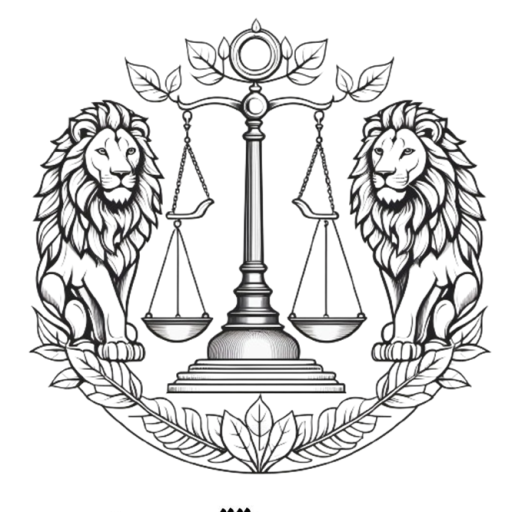Amirali R. Davoudpour
Iranian Canon of Medicine and Law, Administrative Wing of Law and Healing Association, Iranian Watchdog of Medicine and Law, Tehran-Iran
Email of the corresponding author: davoudpour@canmedlaw.org
Accepted and published September, 2024, DOI: https://doi.org/10.5281/zenodo.13710531
This article is published under CC BY 4.0 creative common license that Allows others to distribute, remix, adapt, and build upon the work, even commercially, as long as they credit the original creator.
Abstract
Economic warfare is traditionally associated with poverty, but a more nuanced understanding reveals it as a deliberate effort to impoverish individuals or groups, a process termed *Ifqar* (to make poor). Unlike general poverty, economic warfare involves coercion or force, where individuals are systematically deprived of economic opportunities and resources. This article explores the nature and mechanisms of economic warfare, including forced unemployment, denial of capital, and artificially enhancing competitors through fraud or nepotism. External actors such as employers, competitors, and institutions play key roles in sabotaging individuals’ economic stability. These tactics not only lead to financial hardship but also exert severe psychological pressure on victims, who struggle to maintain ethical values in hostile environments. The broader societal impact includes diminished economic power and reduced access to resources, which further weakens communities. Economic warfare, characterized by deliberate coercion, poses significant challenges to individuals and society, requiring a deep understanding to foster fairer economic policies.
